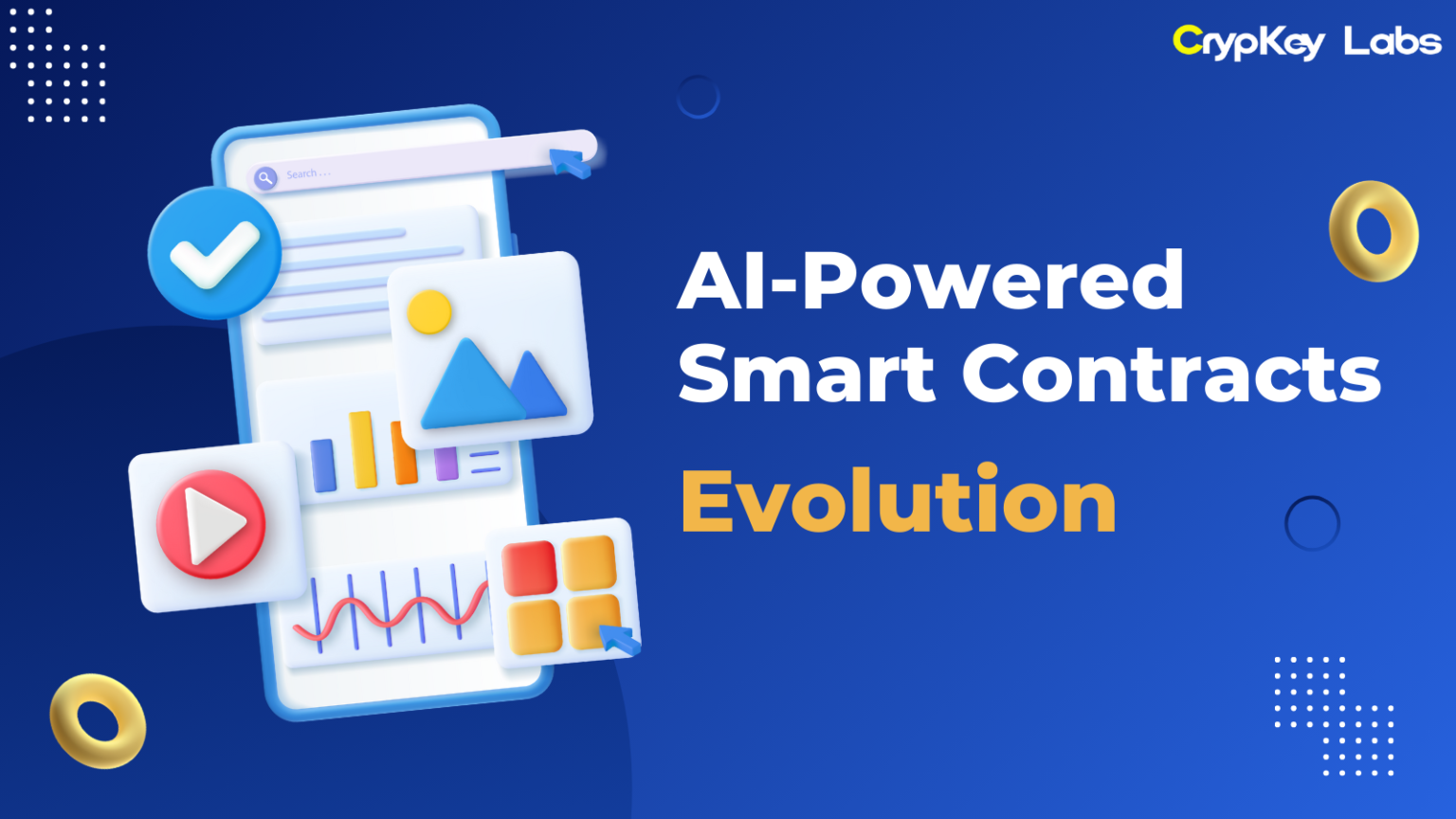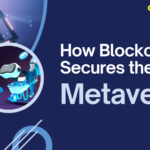Blockchain technology has transformed the digital world with its decentralized, transparent nature, and at the heart of this transformation are smart contracts. These self-executing contracts automate processes and remove the need for intermediaries. Now, imagine combining this with Artificial Intelligence (AI)—a technology that learns, adapts, and optimizes. This fusion gives birth to AI-powered smart contracts, a groundbreaking innovation poised to revolutionize industries.
In this blog, we will explore the evolution of smart contracts, how AI integrates with them, and the future potential of this dynamic duo.
What Are Smart Contracts?
To understand AI-powered smart contracts, let’s start with the basics. A smart contract is a self-executing program where the terms and conditions of an agreement are written directly into code. Once the predefined conditions are met, the contract executes itself without any need for third-party intervention. These contracts are stored on a blockchain, ensuring transparency and immutability.
Traditional smart contracts have already brought immense benefits to industries, including:
- Automation: Tasks are completed automatically without human oversight.
- Transparency: All participants can view the terms, ensuring trust.
- Security: Once recorded on the blockchain, smart contracts cannot be altered, offering high-level data integrity.
However, traditional smart contracts are limited in handling complex scenarios, which brings us to the next evolutionary step: integrating AI.
Introduction to AI in Blockchain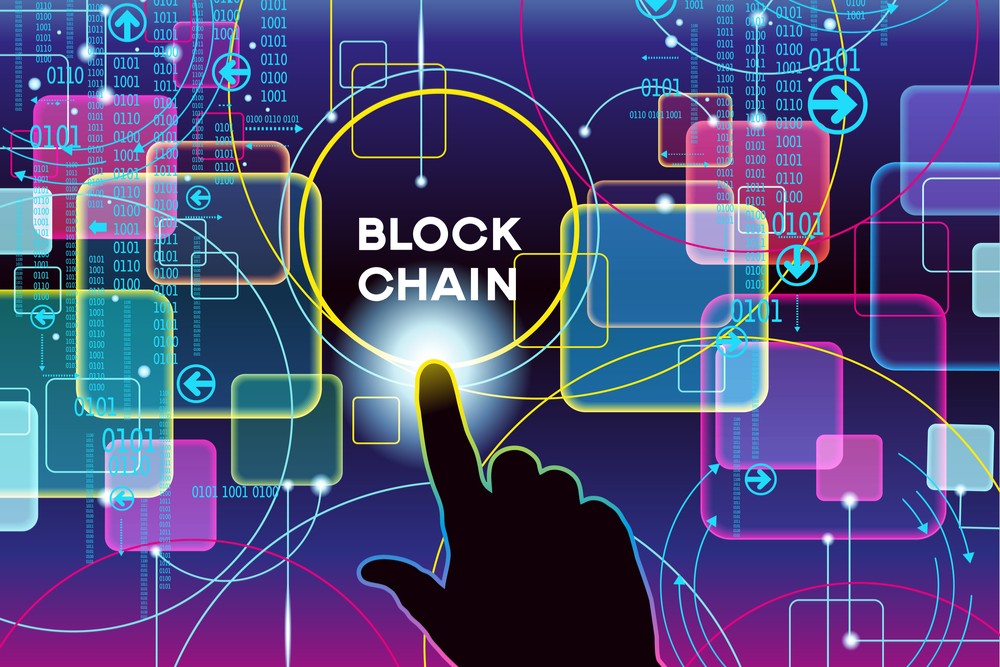
Artificial Intelligence (AI) refers to machines that mimic human intelligence by learning, problem-solving, and making decisions. When integrated with blockchain, AI’s ability to process large datasets, recognize patterns, and make predictions brings added value to the technology.
AI allows smart contracts to become more flexible, adaptive, and capable of handling a wider range of scenarios that go beyond simple ‘if-then’ conditions. Merging AI with smart contracts brings more sophistication, enabling these contracts to operate in environments requiring real-time decision-making and adjustments.
The Evolution of Smart Contracts with AI
While smart contracts have successfully automated simple transactions, they have their limitations. Traditional smart contracts are rigid and require exact matches for their conditions to execute. They cannot assess real-time situations, predict outcomes, or adapt to unexpected changes.
With AI-powered smart contracts, these barriers are lifted. AI algorithms can analyze vast datasets, predict trends, and provide smarter solutions that evolve over time. Here’s how AI enhances smart contracts:
- Automation of Complex Tasks: AI can handle more complicated contracts involving multiple variables.
- Real-Time Decision Making: AI processes real-time data, allowing smart contracts to adjust to changing circumstances.
- Predictive Analysis: AI can forecast market trends, supply chain demands, or other vital data points, allowing contracts to trigger actions based on predictions.
For example, in financial services, AI-powered smart contracts could execute transactions only when certain stock prices reach a predicted level, providing more control and flexibility than a regular smart contract.
Key Benefits of AI-Powered Smart Contracts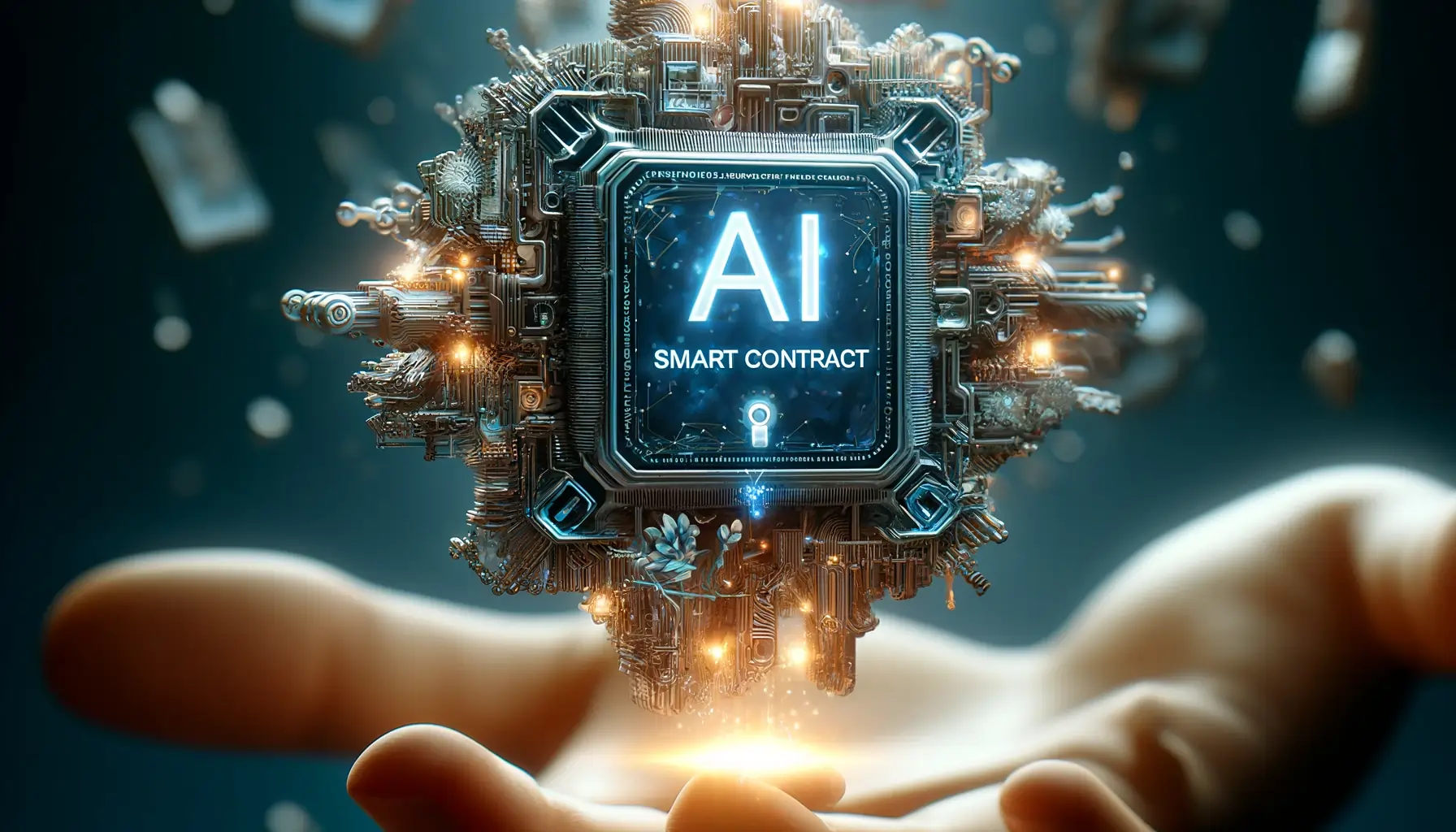
The integration of AI with smart contracts brings numerous benefits, revolutionizing how agreements and transactions are managed. Below are the key advantages:
1. Increased Efficiency
AI-powered smart contracts can process complex transactions faster than traditional methods. For instance, in insurance claims processing, AI can assess claims, verify documents, and trigger payouts almost instantly, cutting down manual intervention.
2. Smarter Decision-Making
With the ability to predict outcomes, AI-enhanced contracts can make smarter, data-driven decisions. In industries like supply chain or logistics, AI can foresee delays or demand spikes, allowing contracts to adjust automatically.
3. Security and Error Reduction
AI reduces human error by ensuring that contracts execute flawlessly based on real-time data. The use of machine learning and predictive models adds another layer of security to ensure that contracts remain accurate and tamper-proof.
4. Cost Reduction
By automating tasks, minimizing human involvement, and predicting outcomes, AI-powered contracts can significantly reduce operational costs, particularly in industries like finance, real estate, and healthcare.
Future Use Cases of AI-Powered Smart Contracts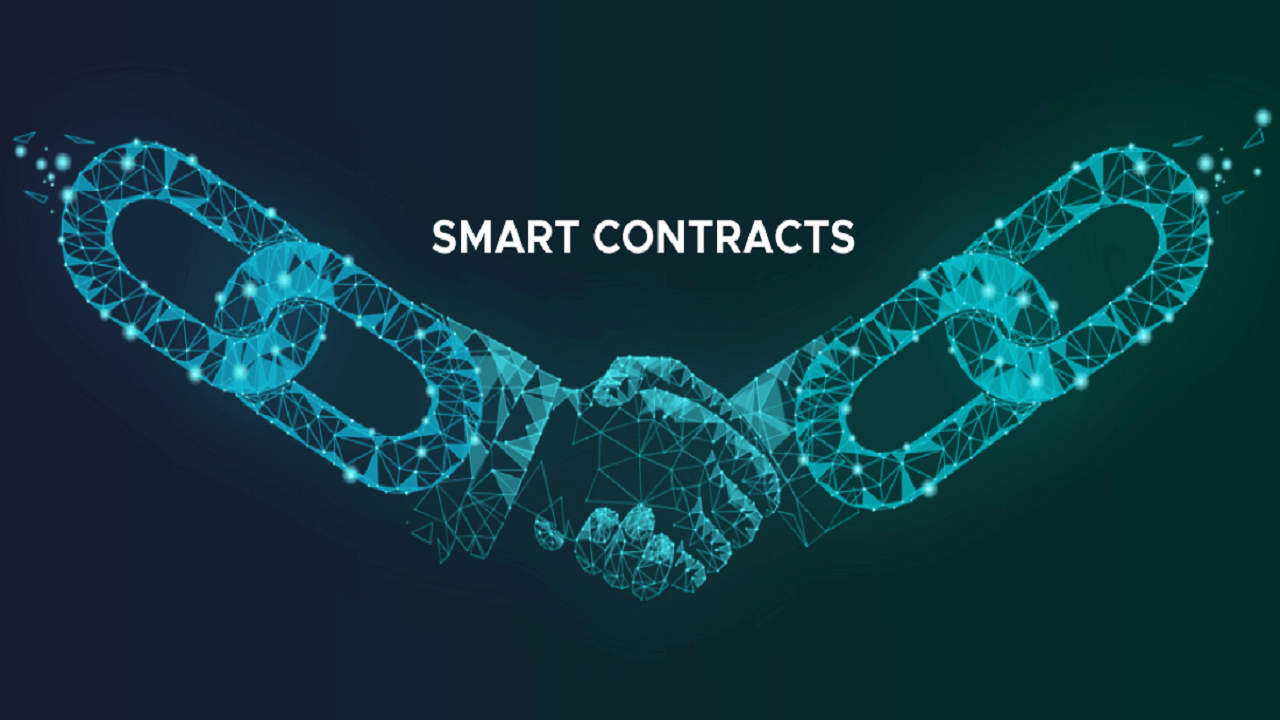
The potential of AI-powered smart contracts is immense, though in many platforms, this technology is still under development. While smart contracts aren’t fully functional in these areas today, they hold great promise for transforming industries in the near future. Let’s explore how AI-powered smart contracts will work across key sectors as they evolve:
1. Finance and DeFi
While AI-powered smart contracts are not yet widely implemented in decentralized finance (DeFi), their future potential is revolutionary. In the financial world, AI-powered smart contracts could automate lending, insurance, and trading by assessing risks in real time. In the future, smart contracts may approve loans or execute trades based on predictive AI models, optimizing performance and reducing risks.
2. Healthcare
Although AI-powered smart contracts are not actively used in healthcare today, they have the potential to transform how patient records are managed and claims are processed. In the future, AI could help analyze health data to recommend personalized treatment plans, automate insurance claim approvals, and ensure privacy and data security—creating a more efficient, patient-centric system.
3. Supply Chain
AI-powered smart contracts aren’t yet operational in the supply chain industry, but their application could be game-changing. In the future, these smart contracts could automate payments, monitor goods in real time, and predict delays using AI algorithms. This would lead to smoother, more transparent operations, reducing bottlenecks and improving efficiency throughout the supply chain.
4. Real Estate
Currently, AI-powered smart contracts have not been fully integrated into real estate transactions, but their future role will be significant. In the coming years, AI could automate property transfers, verify ownership, and handle payments, simplifying the real estate process. These contracts could also adapt to market conditions and streamline asset transfers without the need for intermediaries.
Challenges and Limitations
While the benefits are undeniable, AI-powered smart contracts come with challenges.
1. Complexity in Integration
Merging AI with blockchain requires robust infrastructure and technical expertise, which can be costly and complex for businesses.
2. Legal and Regulatory Concerns
Smart contracts operate autonomously, which raises legal and regulatory questions about accountability, ownership, and dispute resolution. The laws surrounding AI and blockchain technology are still evolving.
3. Ethical Issues
As AI takes over decision-making in smart contracts, questions around bias, fairness, and ethical decision-making arise. Who is responsible for AI-driven decisions, especially if errors occur?
Future of AI-Powered Smart Contracts
As both AI and blockchain technologies continue to evolve, the potential for AI-powered smart contracts is limitless. In the future, we can expect:
- Widespread Adoption: More industries will adopt AI-powered contracts for their efficiency, security, and cost-saving benefits.
- Self-Learning Contracts: Contracts that can learn and improve from previous transactions and adjust themselves without human intervention.
- Interoperability: These contracts could work across multiple blockchains, further enhancing their flexibility and utility.
Conclusion
AI-powered smart contracts are the future of blockchain technology. By combining the automation of smart contracts with the intelligence of AI, we unlock new possibilities for faster, smarter, and more secure transactions. From finance to healthcare, the evolution of smart contracts with AI will undoubtedly reshape industries, pushing the boundaries of what blockchain technology can achieve.
Businesses looking to stay ahead of the curve should embrace this emerging technology, as it offers a glimpse into a future where contracts can not only execute tasks but also think and evolve. The age of AI-powered smart contracts is just beginning, and the opportunities are endless.

